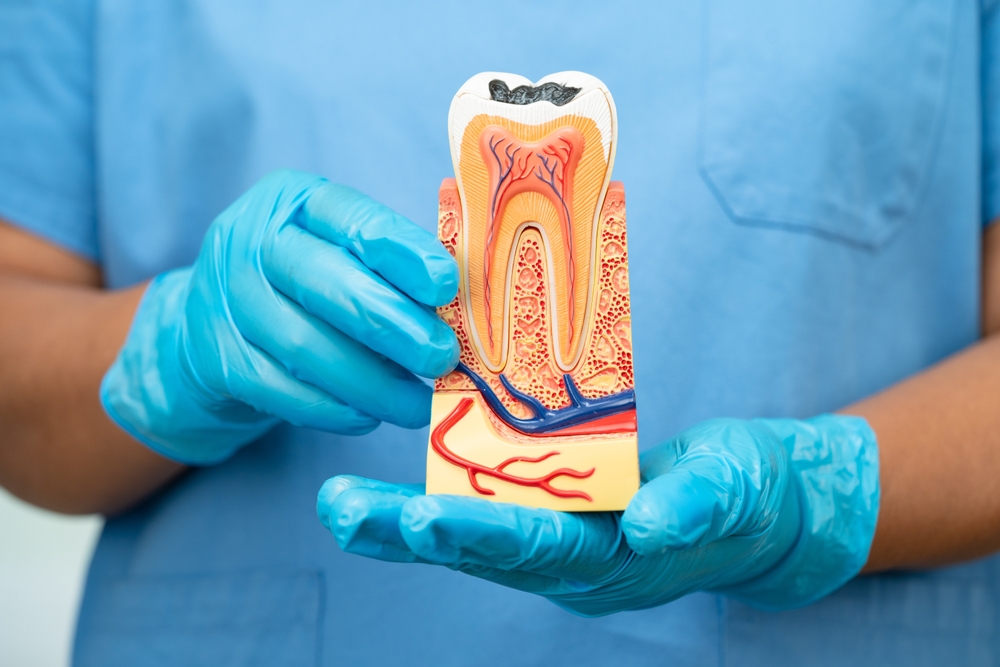
Tips for Root Canal Recovery
Root canals are one of the most common endodontic procedures dental patients may undergo, yet the recovery process is an essential and often overlooked aspect of successful treatment. A root canal is more than just a dental operation; it is a medical intervention aimed at alleviating pain and saving a tooth that would otherwise be lost to infection. While the procedure itself is highly effective, post-operative care plays a crucial role in achieving full recovery and ensuring long-term dental health.By following these meticulous tips, you will be better equipped to handle not just the short-term effects of the operation, but also to understand the broader implications for your oral health.What to Expect After a Root Canal Procedure Immediate Post-Op Reactions It is normal for dental patients to experience some level of discomfort or mild pain following a root canal. This stems from the tissue around the treated tooth, which often remains inflamed for a short period post-procedure. While this post-op pain is by no means universal, its occurrence does not imply failure of the root canal. Common symptoms include: Tenderness around the treated tooth Mild swelling in the surrounding gum area Sensitivity while chewing The recovery from a root canal typically begins within a few days, with most patients reporting considerable improvement in symptoms by the end of the first week. The Recovery Timeline Understanding root canal recovery time is critical to navigating the post-operative stages effectively. For most patients, mild symptoms resolve in about seven days. However, complete healing of the underlying tissues may take several weeks. Adhering to your dentist’s recommendations during this period can significantly influence the recovery trajectory.Pain Management After a Root Canal While it is reassuring to know that pain is generally transient, having a plan in place for managing it ensures a smoother recovery period. Over-the-Counter Medications Non-prescription pain relievers such as ibuprofen or acetaminophen are typically sufficient to manage root canal pain. Nonsteroidal anti-inflammatory drugs (NSAIDs), like ibuprofen, not only relieve pain but also address inflammation in the affected area. Dosage and Timing: Follow your dentist’s prescribed guidelines or the instructions provided with the medication. Taking these medications at regular intervals, particularly in the first 48 hours, can prevent the build-up of discomfort. Cold Compresses Applying a cold compress to the outside of your cheek near the treated tooth can help reduce swelling and numb mild pain. Use the compress intermittently, approximately 10–15 minutes at a time, for optimal results.Dietary Adjustments to Support Recovery Diet plays a pivotal role in the healing process after a root canal. Following a strategic post-op diet ensures that you minimize strain on the treated area while maintaining nutritional balance. What to Eat Soft Foods: During the first few days, focus on soft foods such as pureed vegetables, oatmeal, scrambled eggs, and yogurt. Nutrient-Rich Options: Incorporating nutrient-dense options, like smoothies enriched with leafy greens and protein, accelerates healing. Foods to Avoid Avoid foods that may strain or irritate the treated tooth, including the following categories: Hard or crunchy foods (e.g., nuts, raw carrots) Sticky options (e.g., caramel, gum) Extremely hot or cold items that may trigger sensitivityMaintaining Proper Oral Hygiene Good oral hygiene is non-negotiable during root canal recovery. It reduces the risk of infection and lays the foundation for continued oral health. Brush and Floss Carefully Use a soft-bristle toothbrush to clean your teeth while avoiding excessive pressure on the treated area. Be meticulous but gentle when flossing around the tooth in question. Antibacterial Rinses Using an antibacterial mouthwash can help prevent additional infections. Alternatively, a saltwater rinse (prepared by mixing a teaspoon of salt in a cup of warm water) is a suitable and simple home remedy to reduce inflammation and kill bacteria.Recognizing Signs of Complications Despite following optimal recovery protocols, some patients may experience persisting symptoms that warrant professional attention. Recognizing warning signs early can prevent further complications. Symptoms to Watch Severe or prolonged pain lasting beyond one week Swelling that worsens instead of improving Persistent pus, indicating possible infection If any of these symptoms occur, contact your dentist promptly, as additional treatment or evaluation may be necessary.Long-Term Practices for Oral Health Success Recovery from a root canal is only the beginning. Maintaining the health of the treated tooth and preventing future dental issues require consistent commitments to oral hygiene and routine dental checkups. Preventive Care Schedule regular cleanings with your dentist at Infinite Dental Wellness. These cleanings help catch potential issues early. Use fluoride toothpaste, which strengthens teeth and helps prevent cavities. Protective Measures If you grind your teeth at night, consider using a dental guard to avoid excessive strain on your teeth, including the treated one.Take Control of Your Recovery Journey The recovery process after a root canal is an opportunity to reinforce good dental habits and ensure the long-term health of your smile. By adhering to these post-op care tips, you can significantly minimize discomfort and reduce root canal recovery time. For additional guidance or follow-up care, Infinite Dental Wellness is here to support you. Reach out to us with any questions regarding your recovery or to schedule a follow-up visit for expert post-procedure care. Remember, a healthier smile begins with informed care—take the first step today.Get Your Confident Smile — Book Today
Ready when you are. Our team at Infinite Dental Wellness makes scheduling a breeze and welcomes new patients for cleanings, cosmetic care, or dental emergencies.
Schedule a Visit